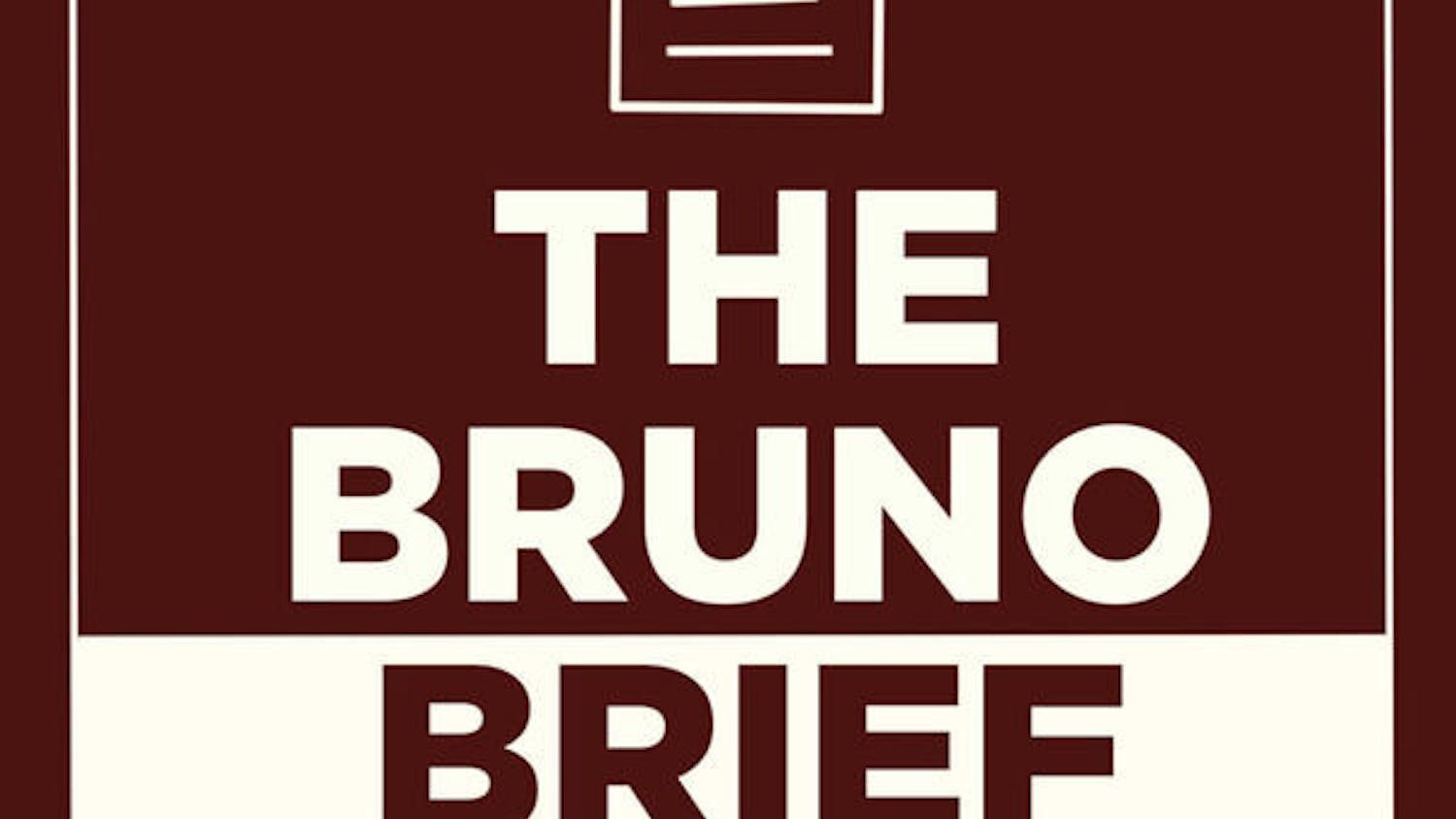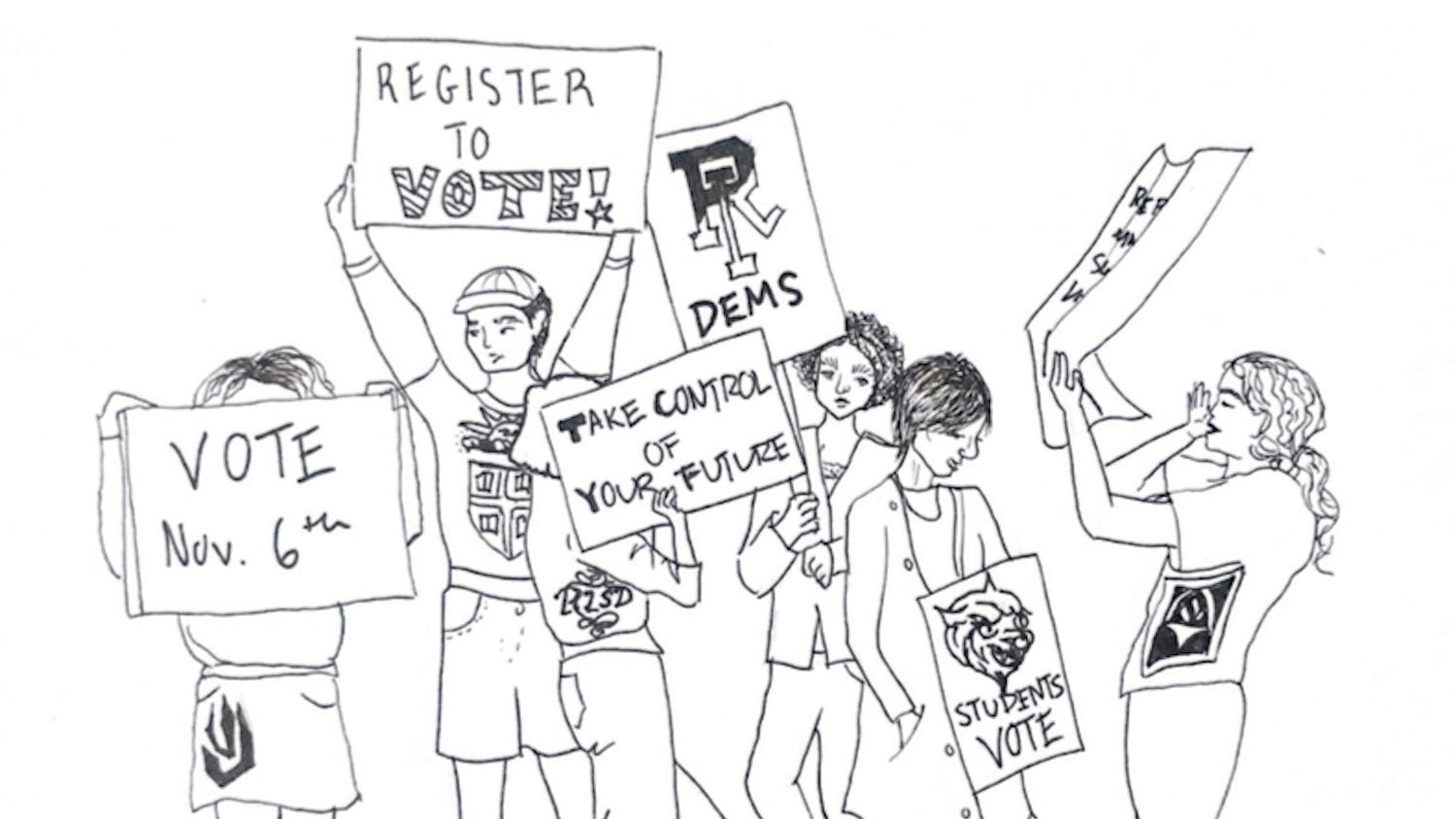University of California campuses were rocked by student protests and demonstrations in reaction to last Thursday's vote by UC regents to approve a system-wide 32 percent tuition hike, CNN reported last week.
According to the Chronicle of Higher Education, the hike is the largest in the system's history. CNN reported that university officials estimate the tuition hikes will provide the state, which currently faces a massive budget crisis, with more than $500 million.
At various UC campuses, student protesters staged sit-ins and occupied administrative buildings. While many of the demonstrators have been cited for trespassing and released without arrest, about 100 protesters have been arrested, according to CNN.
At least several campuses have reported demonstrations turning into violent altercations between protesters and police.
Federal court will hear affirmative action case
A years-long legal battle over the constitutionality of certain affirmative action policies may be inching closer to a conclusion this week, as a federal appeals court will consider a lawsuit over a 2006 Michigan ban on affirmative action preferences.
According to the Chronicle, in March 2008, U.S. District Court Judge David Lawson dismissed the suit on the grounds that the Michigan ban merely restricts the ability of minority groups to pursue preferential treatment from public colleges and does not infringe upon their legal rights.
A three-judge panel will hear from opponents to Lawson's decision, who believe that the ban unfairly disadvantages women and members of minority groups applying to state public colleges and is thus unconstitutional.
‘Student tax' debate heats up in Pittsburgh, too
Colleges and universities in Pittsburgh may soon be taxed as part of a controversial proposal unveiled by the city's mayor as part of the 2010 budget plan, the online magazine Inside Higher Ed reported last week.
Pittsburgh Mayor Luke Ravenstahl estimated that levying a 1 percent tax on the currently tax-exempt institutions would bring in an annual revenue of $16.2 million, Inside Higher Ed reported. For students, such a tax would translate into an annual fee paid to their respective institutions and derived from their tuitions — somewhere between $27 and $409.
According to Inside Higher Ed, Ravenstahl has already met with opposition from the institutions themselves and from the panel of state appointees that rejected the mayor's budget proposal, saying it was inconsistent with state tax laws.
Earlier this year, two similar proposals were floated in Providence by Mayor David Cicilline '83. Both measures were stalled before they could make it to the General Assembly's special session.
Chaos in Harvard student government election
Harvard's Undergraduate Council voted to certify the election of John Bowman as president Monday. The vote ended a four day period of uncertainty after the validity of Bowman's razor-thin margin of victory was called into question Thursday.
Bowman, a junior, received 45 more votes than his closest rival, George Hayward, in an election last Thursday, the Crimson reported. Still, the council's election commission voted to decertify the results, citing concerns over possible electronic tampering.
The election results were first questioned when a member of the election commission was told that Eric Hysen — Bowman's running mate and the UC's technical director — had access to software that tabulated raw voting data, according to the Crimson.
The possibility of irregularities was enough to convince a majority of the seven-person commission to vote to decertify the results.




